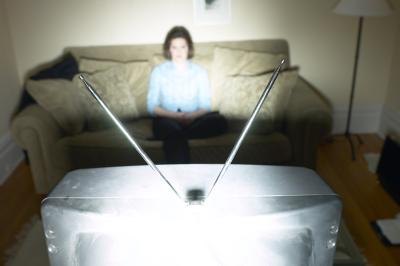
Insomnia -- the inability to fall asleep or stay asleep -- can impede your daily functioning, health, mood and quality of life. It can occur in isolated incidents and last a few days or weeks, or it can be chronic and last longer than a month. Different situational, physical or psychological factors can cause the sleep disorder. To deal with insomnia and alleviate sleeplessness, you may need to make behavioral, environmental or psychological changes in your life.
Instructions
Changing Routines
- 1Associate your bedroom with sleep and rest and do not multitask in it.
- 2Maintain a consistent schedule and go to bed and wake up around the same time every day.
- 3Wear a sleep mask and try earplugs or a white-noise machine to reduce environmental distractions.
- 4Stop smoking and avoid alcohol, caffeine and a heavy meal before bedtime.
- 5Stay awake during the day and do not nap. By not napping, you will make your body more tired at night.
- 6Exercise during the day or early evening rather than at night. Exercising within three hours of bedtime can keep your body alert and make it harder to fall asleep.
Reducing Stress
- 7Learn a relaxation technique such as yoga, tai chi, meditation or progressive muscle relaxation. Some people have stress- or anxiety-induced insomnia that keeps them awake at night.
- 8Get out of bed if you cannot sleep and go to a different room to read a book so you can distract yourself from your worries. Keep the lights low, and when you begin to feel sleepy, return to bed.
- 9Keep a daily stress log in which you write down your daily stress triggers, responses and outcomes. By taking notes of your stressors, you can begin to see how you respond to certain situations and eliminate or learn to cope with stress-causing agents.
Seeking Professional Help
- 10Talk to a licensed therapist about the core issues surrounding your insomnia. Some insomniacs try biofeedback, a behavior modification therapy that can help a person learn to consciously control bodily functions and reduce stress.
- 11 Make an appointment with your medical doctor if you are battling chronic insomnia. Your doctor can give you a checkup to see if you have a physical condition causing insomnia.
- 12 Ask your doctor about over-the-counter or prescription sleep medications. Before you take any sleep aids, be well-informed of potential side effects, risks and interactions with other medications. Any type of sleep medication should be taken under the careful supervision of a physician.
- 1

No comments:
Post a Comment